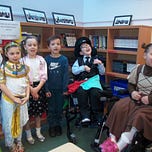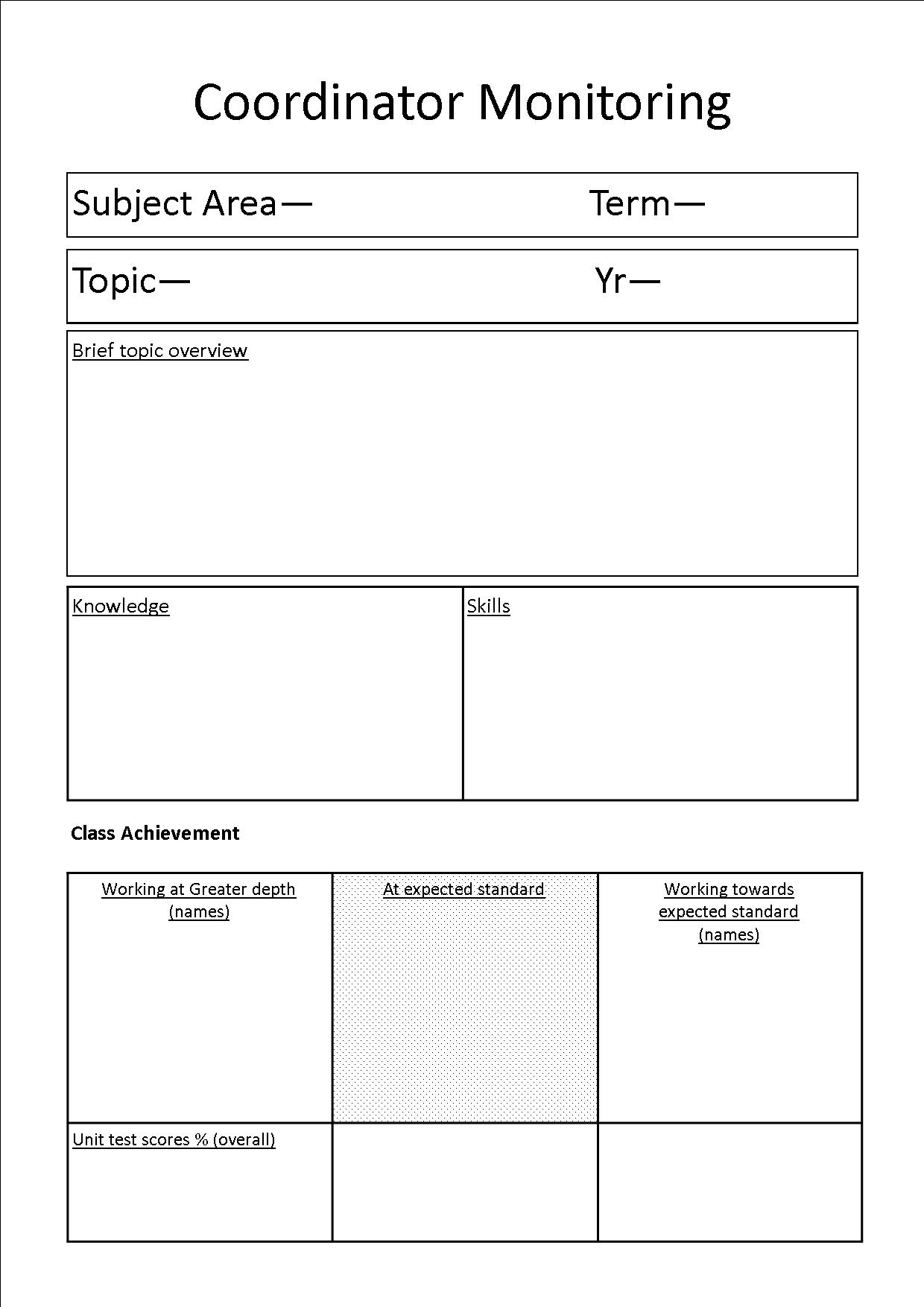Let's just take a quick re-cap of where we finished the 1st article and then pick things up and move on from there.
Having noted that schools were now seeming to focus too much on the core subjects of Maths and Literacy - OFSTED have started to focus on looking at the provision in schools for the Foundation subjects (all the rest).
I have to say that they are absolutely right in concentrating their efforts in this direction as the whole purpose of education at this stage is to be broad and balanced; and the current manic concentration of effort simply to pass the SATs and satisfy the league tables has unfortunately put this in jeopardy.
Any school you join should be timetabling for a balanced curriculum. When you have done your long term planning it will include curriculum based activities for all the subjects. When this is done the school should then require you to timetable for a certain amount of hours teaching for each particular subject in that term. This is then broken down and put into place on the timetable for your class.
You now have a timetabled approach that will give your class a broad and balanced approach to all the subjects.
Keeping a record:
Maths and literacy you will find, are assessed and pupils tracked every step of the way. Interventions are made to ensure that pupils are up to the required standards and to be quite honest it all becomes a bit of a production line!
However what about all the other subjects that you will be teaching - do we simply teach them and forget?
Teaching:
When we are planning each unit of work we break this down into Learning intentions / objectives. These give us a focus for each lesson and our short term planning then outlines how we are going to teach that particular learning objective.
We then have to make an assessment on just how the children have performed on that particular piece of work - the learning intention for that lesson. How this is cumulatively achieved by the class then informs our planning.
Marking:
In order to make an assessment we have to make a judgement on how each child has achieved.
In most cases this can be done by marking the work and this needs to be done against the Learning intention as it was this that was taught and is being assessed.
For some practical subjects this may be done on the finished product although the processes can also be assessed as the work progresses.
A major problem:
Now here's the problem for many teachers and schools - the marking policy of the school will outline the mechanics of marking how it should be done and in what colour ink or highlighter. It may also outline in more detail about any teacher / pupil conversations and in depth marking (which, please note OFSTED have said should not occur!)
Having done all this, and once the books are closed, returned and the timetable moves on; the actual achievement of pupils is lost to both the teacher and the pupils. Aside from basing next step planning on the L.I achievement, the teacher has no idea and no record of achievement!
Why is this and what can be done?
Let's put it bluntly - unless you actually grade the achievement of each learning intention and record that grade then as a busy teacher you will have no recall of how pupils have achieved. This is, at the moment, causing big concerns for foundation subject coordinators who are now looking down the barrel of the OFSTED gun and are unable to answer questions as to achievement in their own subjects!
With the foundation subjects it is not necessary to mark and record each individual LI achievement. Rather a summary of the overall achievement of the task which involves those identified LI’s.
In practice this is simplicity itself to do - mark the work as you would do normally with any comments you may wish to make. The only addition you need to make as a teacher is to give a grade to the achievement. I would suggest a simple mark out of 10 and not to use letters A,B,C. Marks out of 10 give a good spread of judgement and also have the benefit of being able to make a %. If we then give a notional “pass mark” of say 50/55% then you can start to complete the recording form as shown below.
The record keeping form
Ok so let me guide you through this form. Its called a coordinator monitoring form as when it was completed by a teacher in any of my schools a copy was also sent to the subject coordinator who then had a record of achievement across the school in their subject.
The form is pretty self explanatory - the knowledge and skills refer directly to the NC document and are those that will be covered in the unit. From your marking and observation and keeping in mind a 50/55% pass mark for the unit you only need to complete the children’s names in the 2 boxes “greater depth” or “working towards” …everyone else is then by default in the middle box! For the unit scores simply do an average. Add up the children’s marks in each group and divide by the number of children to get the score.
(You can right click on the image and save to your computer - then print out A4 size)
The only exception you may have could be in History or Geography where you may wish to carry out a unit test. But complete the form in the same way based on the test results.
So there you are - some ideas for assessing the Foundation subjects - remember that we need to be providing a broad and balanced curriculum for all our pupils. Not every pupil is going to shine in every subject but we do need, as a teacher, to know exactly how and where pupils have both succeeded and also struggled.
By using this simple approach it will keep you bang up to date with all your information and you will be able to answer any questions that may come your way.














